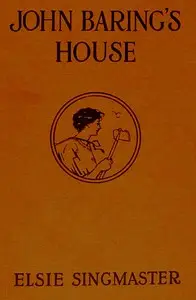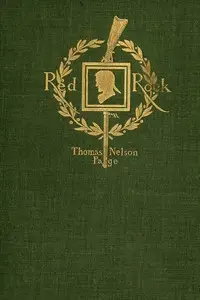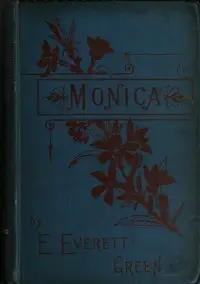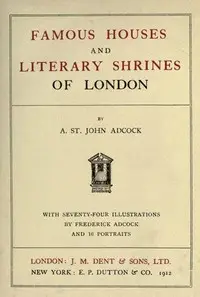"The House Behind the Cedars" by Charles W. Chesnutt is a story set in the Reconstruction South that explores race, identity, and social standing. It introduces John Warwick, who comes back to his hometown of Patesville, North Carolina, and his sister Rena. Both siblings have their lives complicated by their heritage and goals as they face the deeply racially divided world. Warwick arrives in Patesville and notices how much the town has changed. He is captivated by a beautiful young woman, who he later discovers is Rena, his sister. The book shows a detailed picture of the town after the war, capturing memories of the past and what the conflict left behind. Warwick reflects his past and his family's history. His attention turns to Rena's dreams and the troubles they will encounter as siblings navigating a world where their identity is constantly questioned. Their reunion highlights their family ties and the problems of fitting into a society that is uneasy due their shared ancestry.

The House Behind the Cedars
By Charles W. (Charles Waddell) Chesnutt
In the post-Civil War South, a brother helps his sister navigate hidden identities, personal dreams, and the harsh realities of a society divided by race.
Summary
About the AuthorCharles Waddell Chesnutt was an American author, essayist, political activist, and lawyer, best known for his novels and short stories exploring complex issues of racial and social identity in the post-Civil War South. Two of his books were adapted as silent films in 1926 and 1927 by the African-American director and producer Oscar Micheaux. Following the Civil Rights Movement during the 20th century, interest in the works of Chesnutt was revived. Several of his books were published in new editions, and he received formal recognition. A commemorative stamp was printed in 2008.
Charles Waddell Chesnutt was an American author, essayist, political activist, and lawyer, best known for his novels and short stories exploring complex issues of racial and social identity in the post-Civil War South. Two of his books were adapted as silent films in 1926 and 1927 by the African-American director and producer Oscar Micheaux. Following the Civil Rights Movement during the 20th century, interest in the works of Chesnutt was revived. Several of his books were published in new editions, and he received formal recognition. A commemorative stamp was printed in 2008.

















